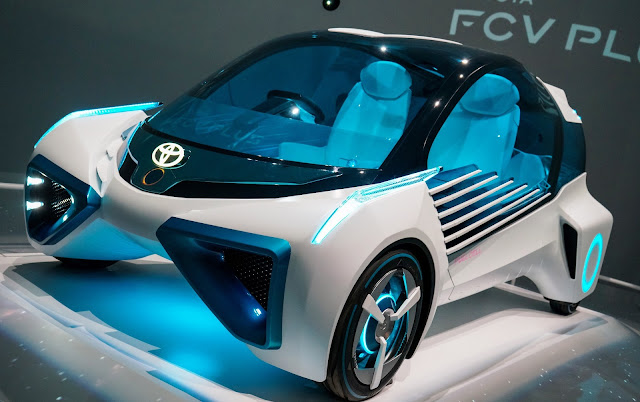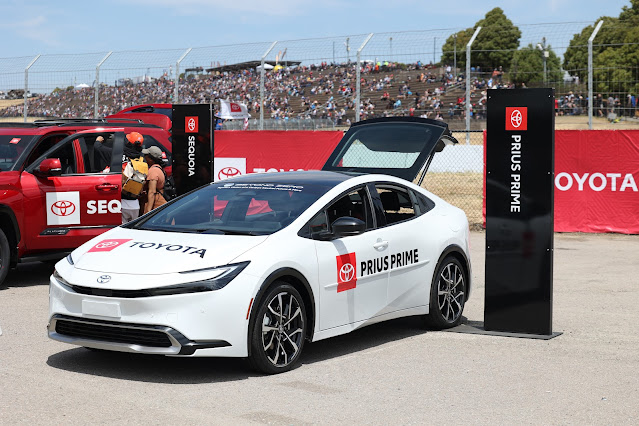Toyota Motor's President, Koji Sato, has reaffirmed the company's commitment to an extensive electrification strategy as a key step towards reducing carbon emissions. In a recent interview, Mr. Sato outlined Toyota's multifaceted approach to decarbonization, which encompasses both electric and hybrid vehicles.
Mr. Sato emphasized Toyota's dedication to advancing
electric and fuel cell vehicles, particularly those powered by hydrogen. He
highlighted the forthcoming equilibrium between two main avenues: electricity
and hydrogen. Mr. Sato firmly believes that electric vehicles have the
potential to revolutionize the driving experience, making cars more
captivating. He emphasized Toyota's aspiration to engineer EVs that resonate
with the craftsmanship ethos.
Addressing hydrogen-powered vehicles, Mr. Sato
outlined Toyota's plan to prioritize commercial vehicles in this realm. He
expressed the company's intention to stimulate hydrogen consumption, ultimately
contributing to the establishment of a hydrogen-centric society.
As we stand at the crossroads of automotive innovation
and environmental responsibility, Toyota's resolute pursuit of both electric
and hydrogen-powered vehicles sparks intriguing possibilities. Will the delicate
equilibrium between electricity and hydrogen be the key to unlocking a truly
sustainable automotive future? As technology continues to evolve, it's worth
contemplating the impact of Toyota's multifaceted approach on shaping the way
we drive and the planet we share.
2024 Toyota Land Cruiser Hybrid Eco-Off Roading Adventures




Comments
Post a Comment